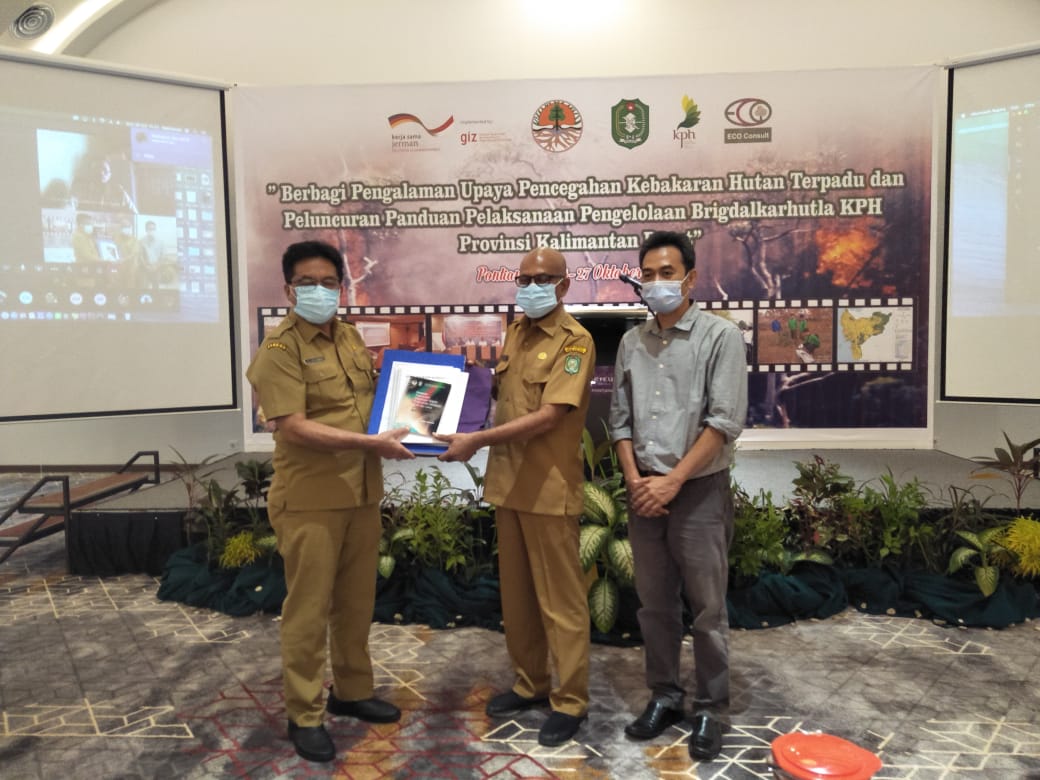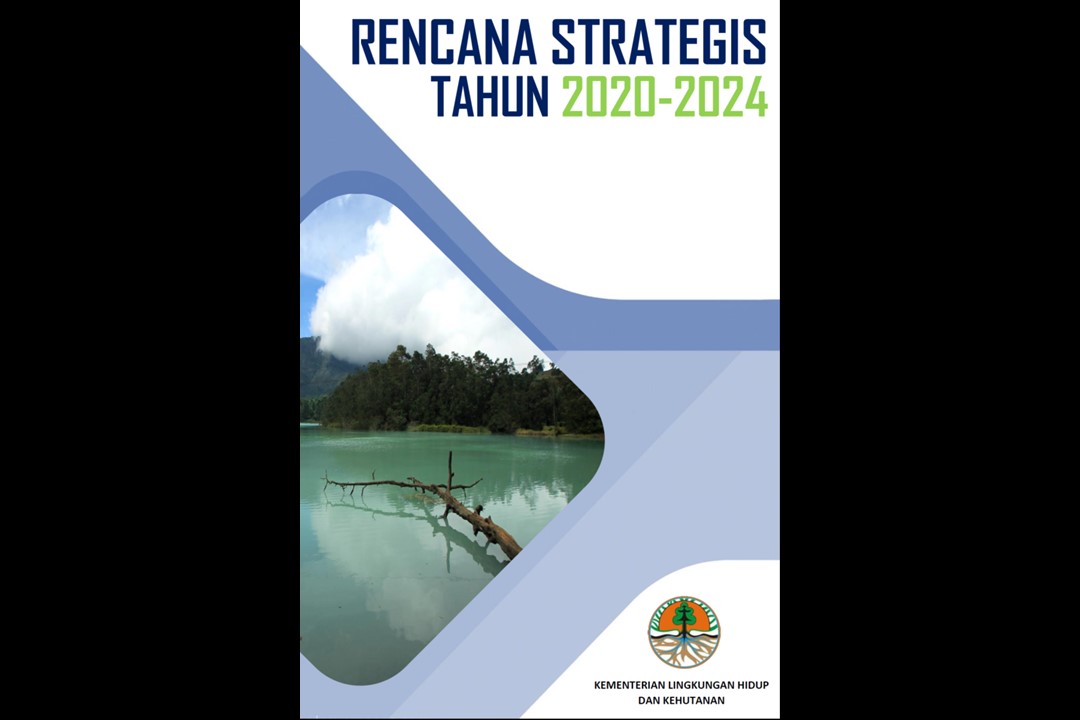FORCLIME
Forests and Climate Change ProgrammeTechnical Cooperation (TC Module)

Select your language

"Looking at the history of forest and land fires in Indonesia, they are mainly influenced by human factors rather than natural ones , so efforts to prevent forest and land fires should be prioritized over extinguishing efforts," said the Director General of Climate Change, Ministry of Environment and Forestry on his opening speech at the Final Workshop of FORCLIME II Fire Management on 26-27 October 2020.
The FORCLIME II Fire Management was implemented in KPH (forest management unit) Kubu Raya, West Kalimantan from 2017 to mid-2020. The programs achievements were conveyed at the final workshop, with the topic of Sharing Experiences in Integrated Forest Fire Prevention Efforts. Additionally, the Head of the Environment and Forestry Service of West Kalimantan Province launched the new Guidelines for the Implementation of Fire Management at the FMU Level in West Kalimantan Province. The workshop was conducted in collaboration with the Directorate General of Climate Change of the Ministry of Environment and Forestry and the Provincial Government of West Kalimantan and was supported by FORCLIME.
For further information, please contact:
Jumtani, Coordinator West Kalimantan Province
Wira Hakim, Junior Adviser for Human Capacity Development

After a long process of development, the national strategic plan on environment and forestry 2020 – 2024 was gazetted on the14 August 2020 by the Minister for Environment and Forestry through a regulation No.16/MENHLK/SETJEN/SET.1/8/2020. The regulation formalized the strategic plan (Renstra) as the mid-term plan of the ministry and had been uploaded to its website on the 16 October 2020.
FORCLIME had been supporting the process of this development since its beginning in early 2018. The Planning Bureau supported by FORCLIME conducted a series of meetings preparing the Renstra from 2020 – 2024, which needs to be in line with national priorities and economic development. During these processes, some of FORCLIME’s advisers were involved and provided technical inputs.
Prior to the gazetting of the regulation, the Ministry of Environment and Forestry (MoEF), supported by FORCLIME, conducted an event to disseminate the integration of spatial based programmes at the ground level. So that the implementation of the 2020-2024 Renstra MoEF shall be linked to the location (spatial approach) under the slogan “Holistic, Integrated, Thematic and Spatial” (HITS).
For more information, please contact:
Wandojo Siswanto, Senior Advisor for Forest & Climate Change Policy
Mohammad Rayan, Technical Adviser for Crosscutting Issues and Conflict Management
The introduction of mammalian species to Tanah-Papua has become the focus of conservation concern. The increasing abundance of introduced species (e.g. Rusa deer) may have considerably affects on the native flora and fauna of the region. Therefore, from May to October in 2019 FORCLIME supported a field research study on Rusa management in Tambrauw, West Papua . The field study was designed to provide baseline data on population abundance and the current hunting practices. This information would be essential a for any informed future management decisions on the rusa population. The research is a collaboration between FORCLIME, the University of Göttingen Germany, and Cenderawasih and Papua Universities. Results of the field research were presented on a webinar on 7 October 2020 using the MS Teams application. The field research describes the distribution and population of Rusa in Tambrauw, hunting patterns and the importance of rusa to the local communities in terms of wildlife hunting and sustainability. More than 60 participants joined the webinar, with representatives from the Ministry of Environment and Forestry at national and regional levels (Papua and West Papua provinces), relevant government agencies and universities in Papua and West Papua provinces.
For more information, please contact:
Mohammad Sidiq, Technical adviser for sustainable forest management
Dr Margaretha Pangau, researcher of the study


